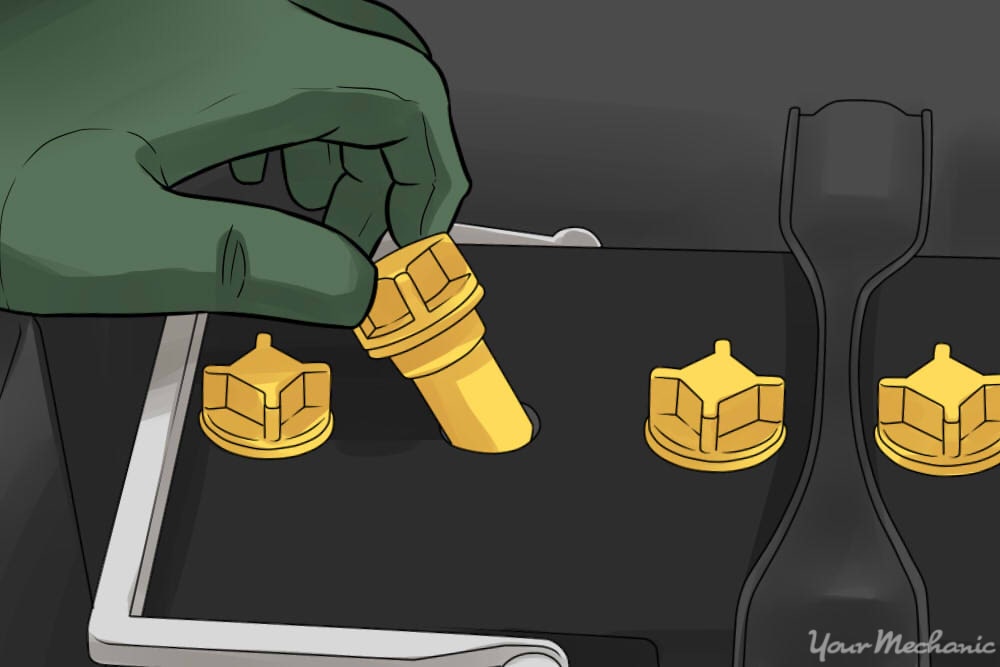

Car batteries should be able to last about six years in most modern models. However, this is only provided you do everything right. The most significant drain on car batteries over time is often due to lack of maintenance and negligence at the hands of the owner. With the problematic factors taken into account, a more likely estimate for your car batteries are between two to four years. However, considering the necessity of a healthy battery as well as the cost entailed in replacing them, you'll no doubt want to extend the longevity of your battery. Here are a few things you can do to improve the life of your batteries.
Limit the use of electronics while your engine is idling
The most common way for a battery to be sapped is by leaving electronics (such as the headlights and stereo) on without having the engine on. While an active engine will take power via fuel consumption, active electronics with the engine off will stem directly from the car battery. Although this is fine in short spurts, draining directly from the battery as such may risk sapping out the battery completely. Although some vehicles will include warning indicators to let you know if you've forgotten to turn off headlights for instance, you should make it a routine part of driving to check all electronics are off before exiting the vehicle. If you are using something like the stereo while the vehicle is idling, make sure to turn on the engine every few minutes. This will feed the battery and help mitigate the charge drain.
Give the battery regular attention and maintenance
It is a common issue that corrosion will build up on car batteries, particularly around the battery terminals. Even if the battery is otherwise healthy, this has the clear effect of limiting the flow of power. Fortunately, corrosion can be removed physically, either by using a screwdriver or set of pliers. Mild and moderate cases can be attended to at home, but more serious buildups may require the help of a professional.
Keeping a battery clean is important regardless of how much you use the vehicle; if you're not driving the car or storing it for the season, the engine should still be started up regularly. Turning on the engine and letting it run for a couple of minutes every week or so will ensure that the battery is kept active enough to endure. Disconnect the battery completely if you'll be away from it for long enough, and consider storing a manual charger in the car with you if you think it may be an issue.
Take temperature and climate into account
Both extremes of temperature tend to sap life from batteries. A car in extremely cold temperatures can be drained completely overnight if proper precautions aren't taken. Purchasing a specialized insulation blanket to wrap around your car battery will help lessen the impact of the climate. If you have a garage available, you should make use of it during colder months.
If you already have a maintenance and upkeep routine for your vehicle, it should be made more frequent during the winter season and spurts of colder weather. If a car isn't being used during colder months, reigniting the car engine should be done more frequently. Cold weather can have an impact on virtually every aspect of your vehicle, but the car battery tends to be hit the hardest.
If you have a particular concern about your car's battery or the battery light is on, don't hesitate to reach out to a professional mechanic, such as one from YourMechanic, for assistance.



